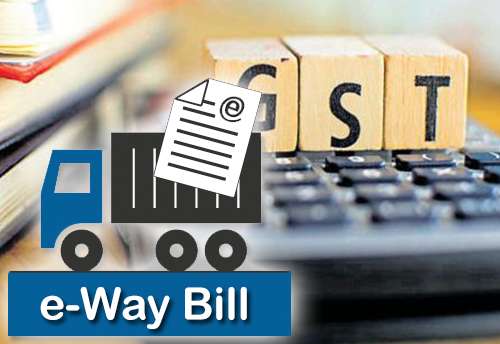
The 5 Laws of GST
Online GST Return Tax Law in India is a comprehensive, multi-stage, destination-based tax that is that is applied on every value addition.
In straightforward words, Goods and Service Tax is an indirect tax demanded on the supply of goods and services. GST Law has replaced many indirect laws that already existed in India.
GST is one indirect tax for the whole nation.
The 5 Laws of GST
Online GST Return comprises of total 5 laws which are:
1. Central GST Law
2. State GST Law
3. Union Territory GST Law
4. Integrated GST Law
5. The Goods and Services (Compensation To State) Law.
In this, Central GST Law manages mix of all taxes on products and services, their gathering and plans.
So also State GST Law bargains at the state level (29 states and 2 Union Territory: Delhi and Pondicherry which have their own administrative assembly). Union Territory GST fuses the arrangements of CGST and applies it to the remaining Union regions and Indian regions which are past the territorial waters.
Coordinated GST manages import and exchange between 2 states or union territory.
Any debate emerging under IGST will be judged by the Center or by any state (other than the individuals who are parties in the dispute) enabled by the Center.
In conclusion, The Goods and Services (Compensation To State) Law manages keeping up a remuneration chess for repaying the states which incurred loss for the initial five years of execution of GST.
Online GST Return is a dynamic tax i.e. it will have distinctive tax rate for various items in light of the fact that a similar tax rate on all item for instance a toothbrush and a Mercedes auto isn't conceivable and not recommended as the relevant consumer group is different for different products.
As said by The Finance Minister Arun Jaitley in the Loksabha on 29th March, 2017, a 0% tax will be demanded upon Food grains. Other tax sections of 5%, 12%, 18% and 28% are made.
So also additional sum (over 28% Tax ) which are charged on extravagance things or things which are hurtful to environment like coal will likewise be added in compensation cess.
In the event that, following 5 years, there is some amount left in the compensation cess, at that point that amount will be dispersed between the Center and the states for the time being, Real estate has been barred from GST and this issue will be additionally talked about later.
The purpose for its prohibition was on the grounds that a few states wer

Name : advise
Contect No. : 9625297026